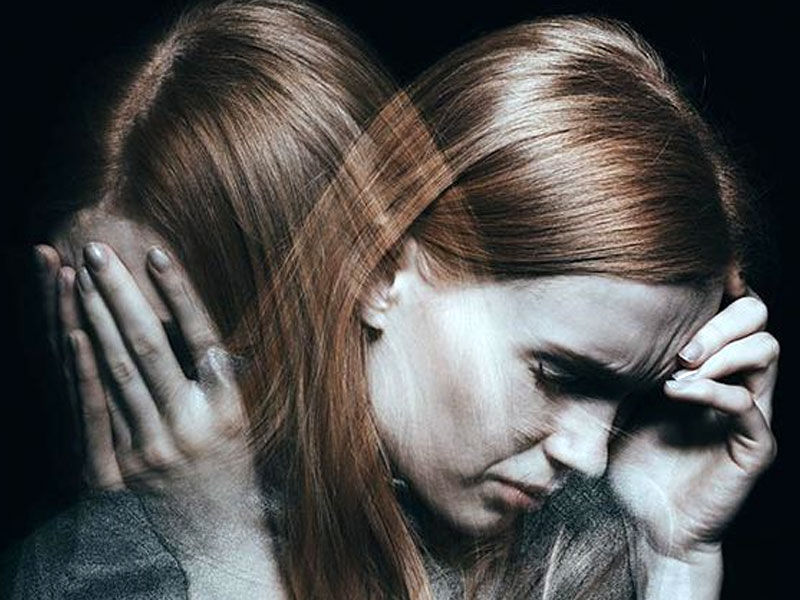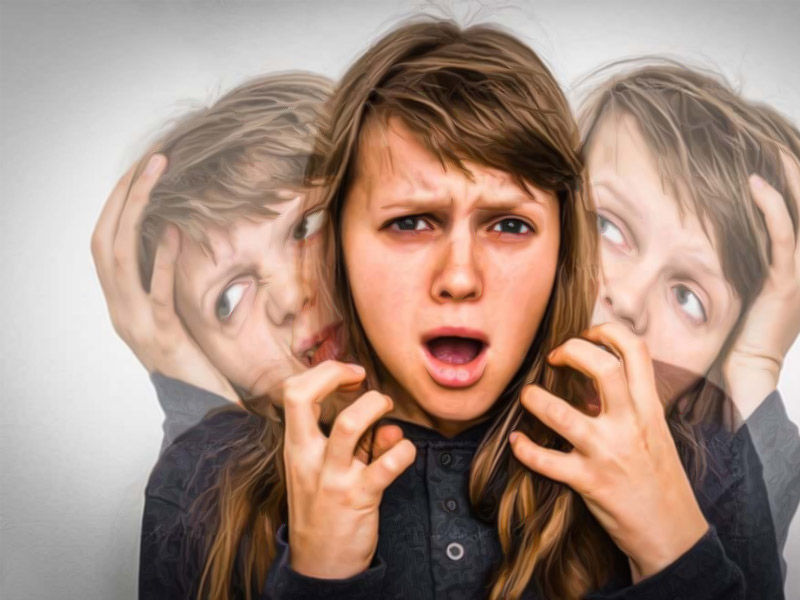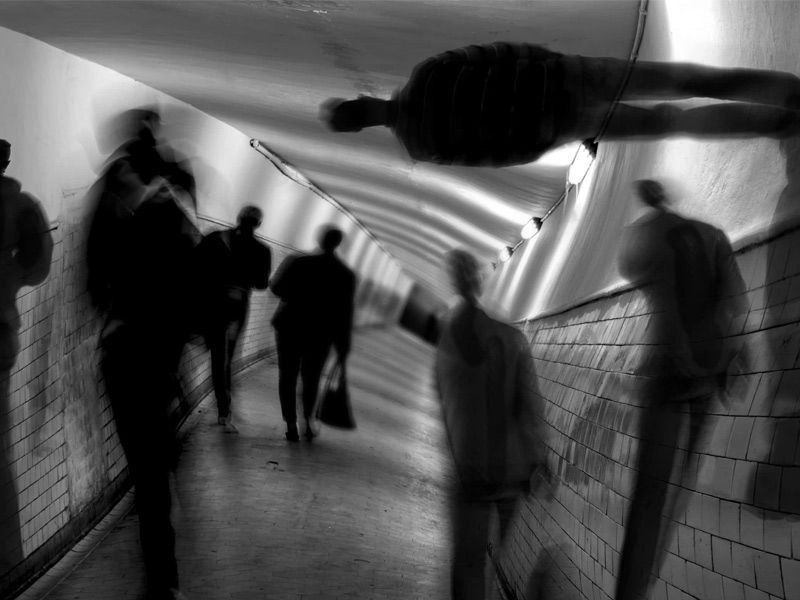What is Schizophrenia?
Schizophrenia is a chronic and severe mental health issue that affects a lot the life of a person. This disorder affects a person’s way of thinking, his actions, his expression of emotions, his perspective of reality, and his relation with others. However, schizophrenia is not a common mental disorder as compared to other disorders, but it can be most chronic and disabling.
People suffering from this mental disorder, i.e. schizophrenic people often struggle in society, at the workplace, at schools, and even in some relationships. They might feel a little withdrawn and frightened and even seem to have lost touch with the reality of life. It is a lifelong issue that cannot be cured, only can be controlled with the help of proper treatment.

Not that many of us believe it to be split or multiple personalities. Schizophrenia is quite different. Schizophrenia basically involves a mental illness that is known as psychosis. Psychosis is a situation in which a person cannot tell what is real from what is imagined. People having psychotic disorders start losing touch with reality. For them, the world becomes a place of a jumble of confusing images, sounds, and thoughts.
The person suffering from such an illness may appear strange and sometimes even shocking. If a person suffers from such issues, he suddenly notices a change in his personality and behavior, which results from losing touch with reality and it is known as a psychotic episode.
However, the severity of schizophrenia varies from person to person. Some people only experience a single psychotic episode, while some experience several psychotic episodes in their lifetime. But in between, they lead a normal life. Still, some experience or face more trouble functioning over time, with a minor improvement between full-blown psychotic episodes. However, the symptoms of schizophrenia get improved or worse in cycles that are known as relapses and remissions.
Early symptoms of schizophrenia
The early signs of schizophrenia involve the first signs in men in their late teens or early 20s. And with women, the first signs can be noticed in their early 20s and 30s. The period when symptoms first begin and before it develops into full psychosis, the period in between is known as the prodromal period. This period can last for some days, for a few weeks, or even a few years. It is difficult to spot these symptoms because it doesn’t involve any trigger. Only a few behavioral changes can be noticed, such as-

- Social withdrawal
- Temperament flares
- Difficulty in sleeping
- Trouble in concentrating
Positive Symptoms of schizophrenia
Here, positively doesn’t mean good. It is here referring to the added actions or thoughts that are not based on reality and are sometimes called psychotic symptoms. These symptoms include-

- Delusions- It is false, mixed, and even strange beliefs that are not based on reality. The person experiencing it refuses to give up and accept something, even after knowing the facts.
- Hallucinations- Hallucination involves some sensations that are not real. The most common hallucination in schizophrenia that people experience is hearing voices. Less common types include seeing the things that are not actually present, smelling strange odors, feeling some sensations on the skin, and so on.
- Catatonia- It is a condition in which a person stops speaking and the body of that person gets fixed in a single position for a very long time.
Also Read, Bipolar Disorder: What is It? How can it be Cured?
Disorganized Symptoms of Schizophrenia
These symptoms in schizophrenia show that a person cannot think or respond clearly as expected. For example, the person experiencing it will speak sentences that will make no sense or he will make the use of some nonsense words, making it difficult for the other person to hold the communication. Also, the person may practice the same things repeatedly or start forgetting and losing things.
Cognitive Symptoms of Schizophrenia
These symptoms include-
- Trouble in understanding the information and using it to decide.
- Trouble in focusing and paying proper attention.
- Recognition of these problems
Negative Symptoms of Schizophrenia

Here, negative doesn’t mean bad. Here, it implies the absence of normal behaviors in people having schizophrenia. These symptoms include-
- Lack of emotions or a limited field of emotions.
- Withdrawal from friends, family, and social activities.
- Less energetic
- Speaking less
- Lack of motivation
- Poor grooming habits and hygiene
- Loss of interest in life.
Causes of Schizophrenia
Till now, the exact cause of schizophrenia is not known to us. But just like cancer and diabetes, schizophrenia is also a real illness having a biological basis. As per the researchers, there are several things that appear to make someone more likely to get this illness. These causes include-
- Genetics- Schizophrenia can be one result of heredity. There is a significant possibility that it is passed on from parents to children. It can run in a family.
- Brain chemistry and circuits- People who cannot regulate a brain chemical called neurotransmitters that control the pathways of the nerve cells and affect the behavior and thinking capability of a person are most likely to come in contact with schizophrenia.
- Brain abnormality- As per certain studies, it has been found by the researchers that people having abnormal brain structures are more likely to come in contact with schizophrenia. However, it doesn’t apply to all.
- Environment– Things such as viral infections and exposure of the body to some toxic substances such as marijuana can lead to the development.

























